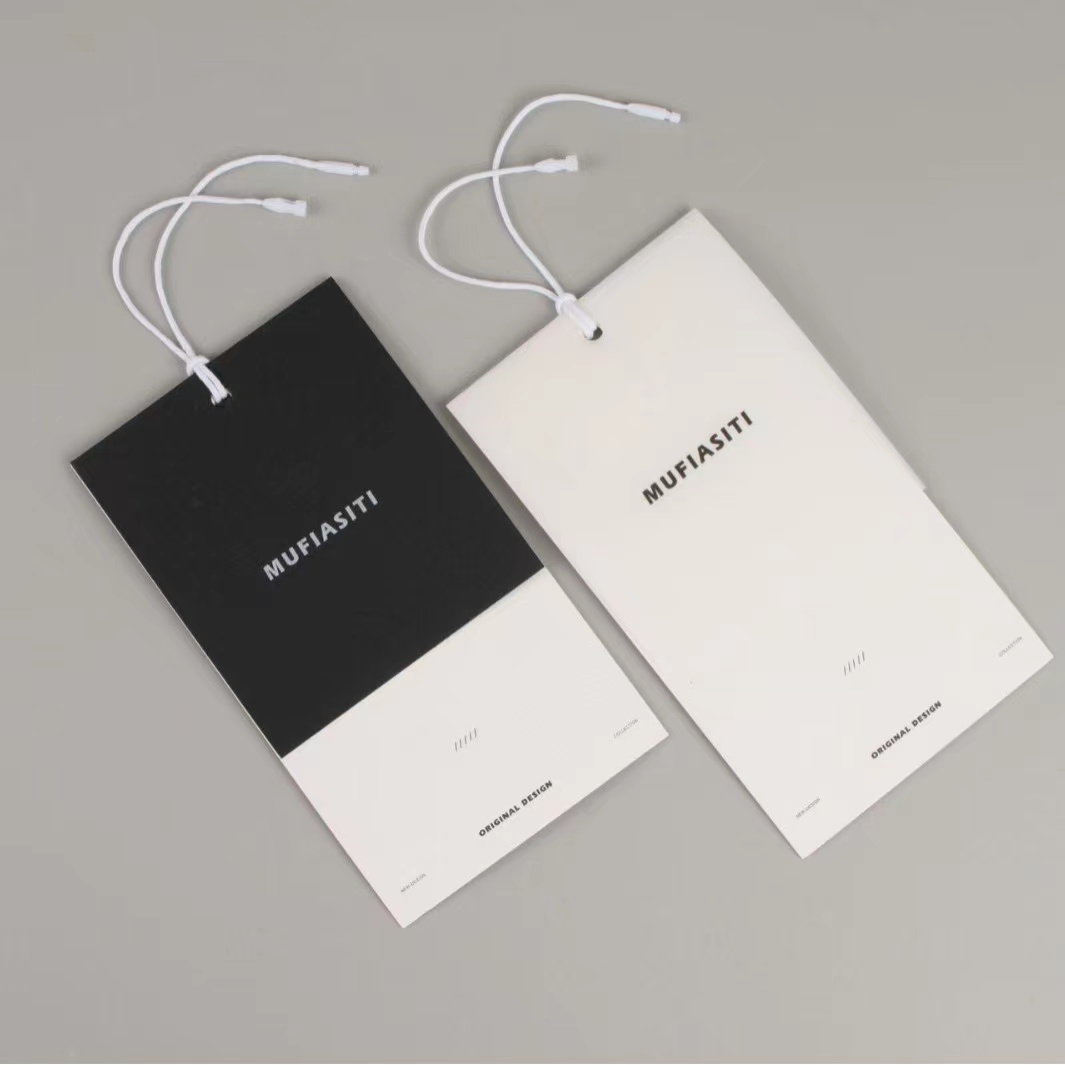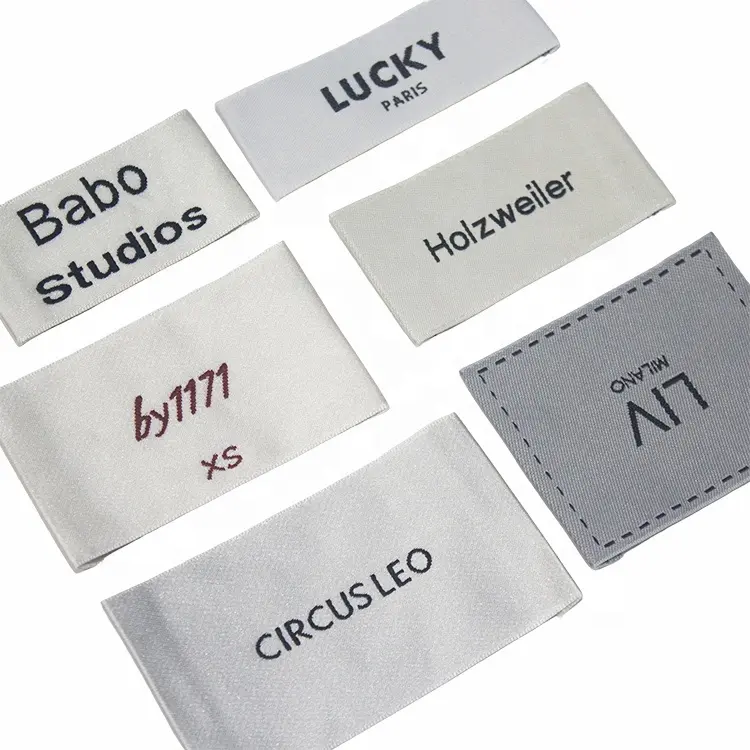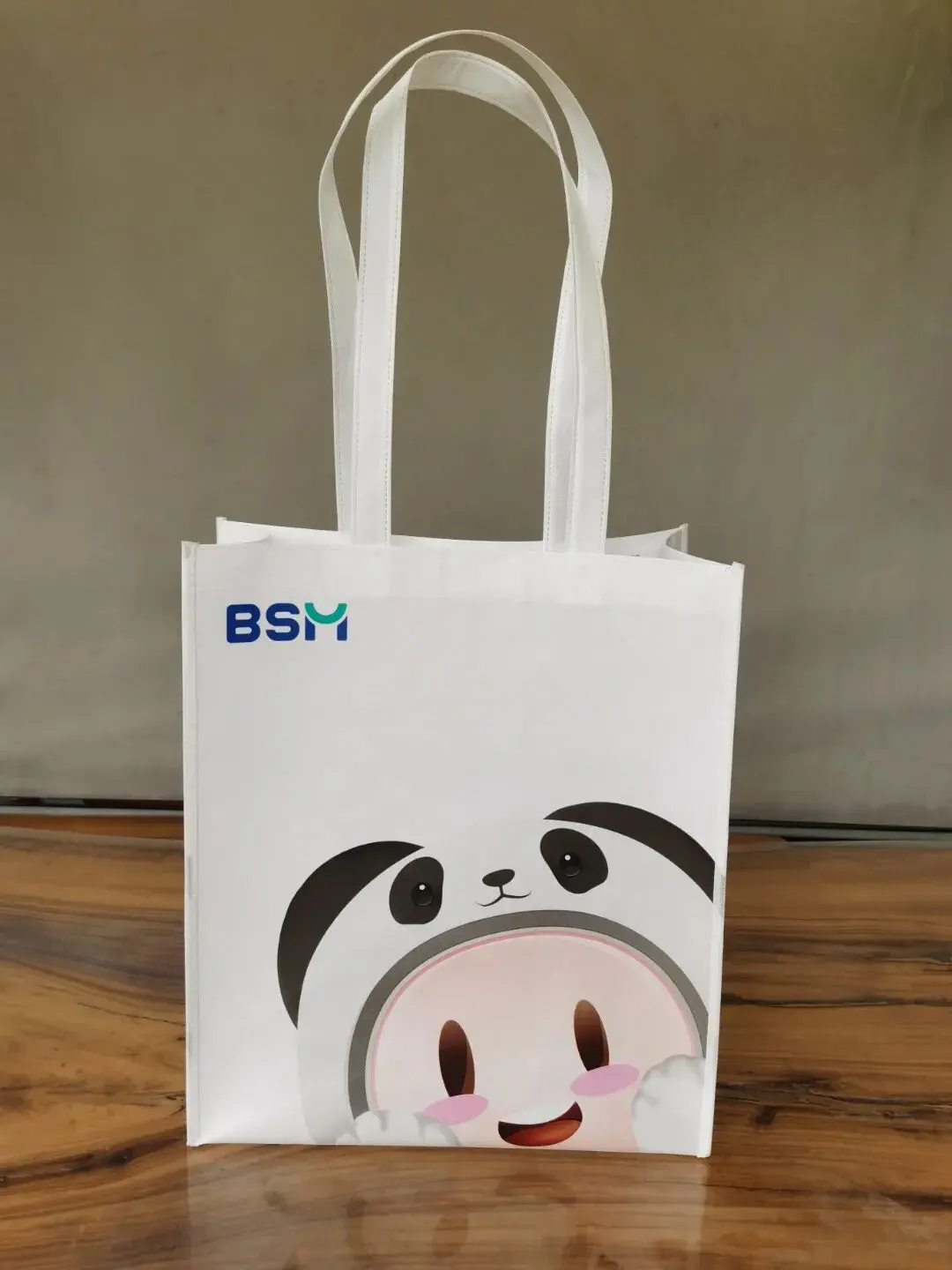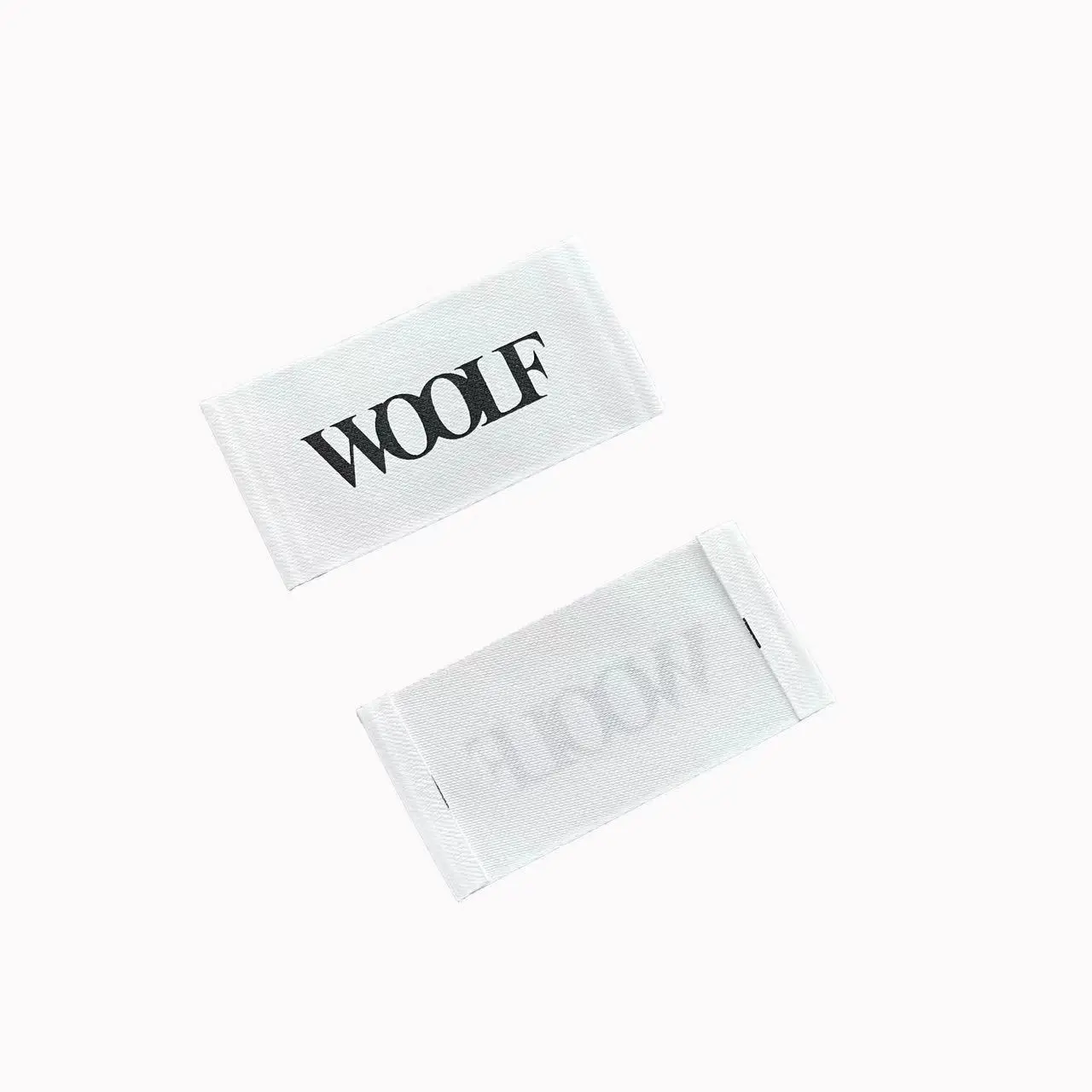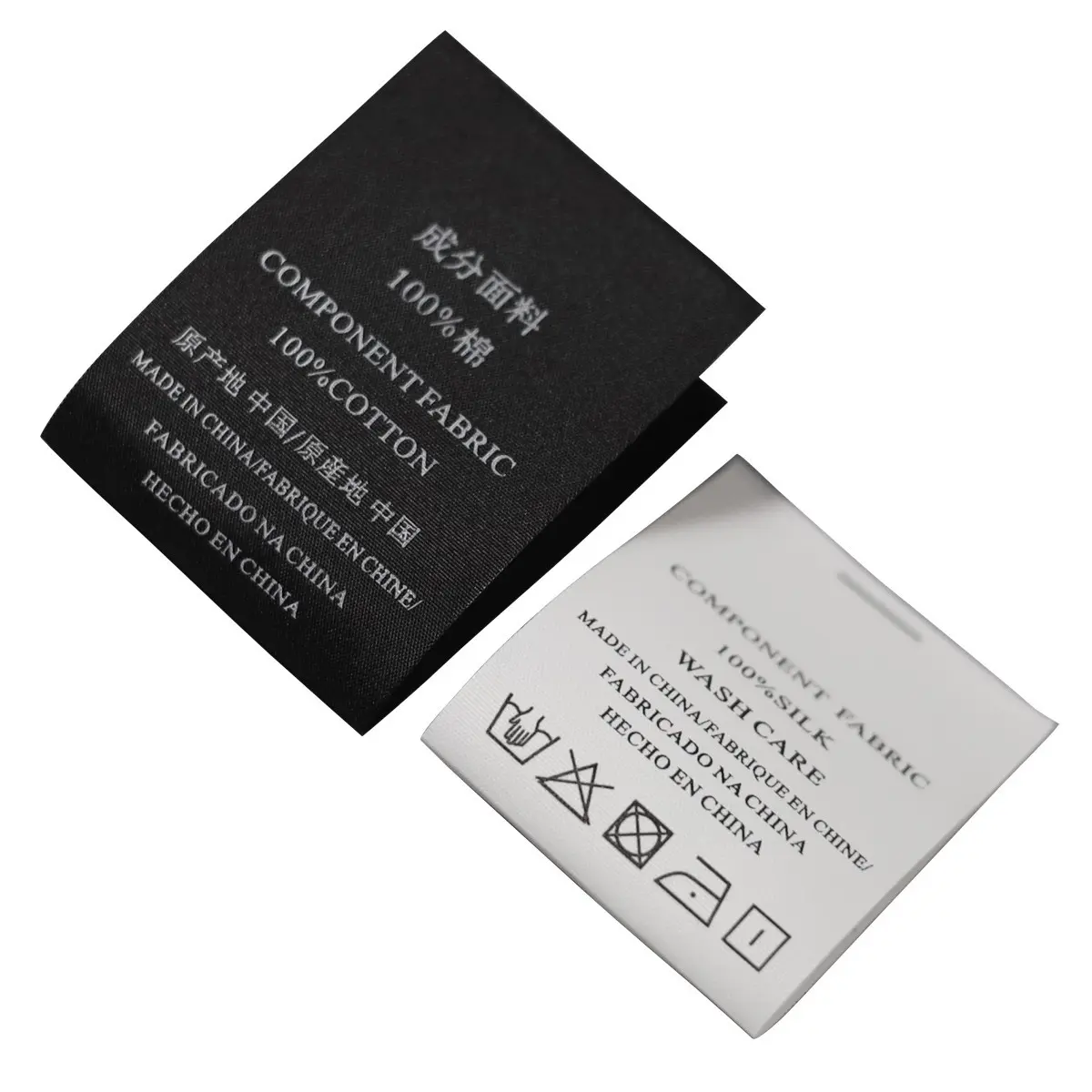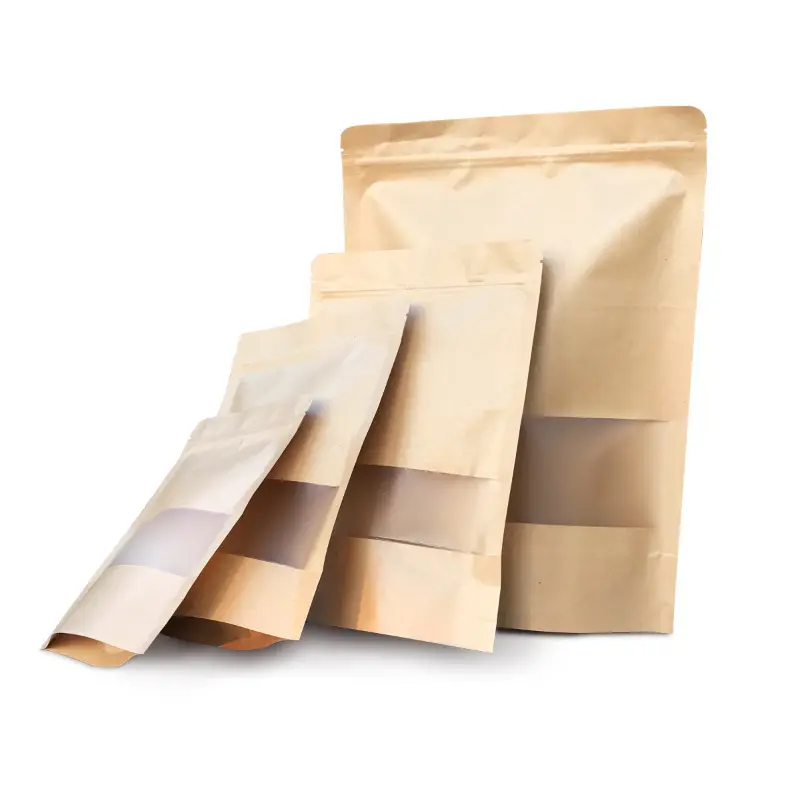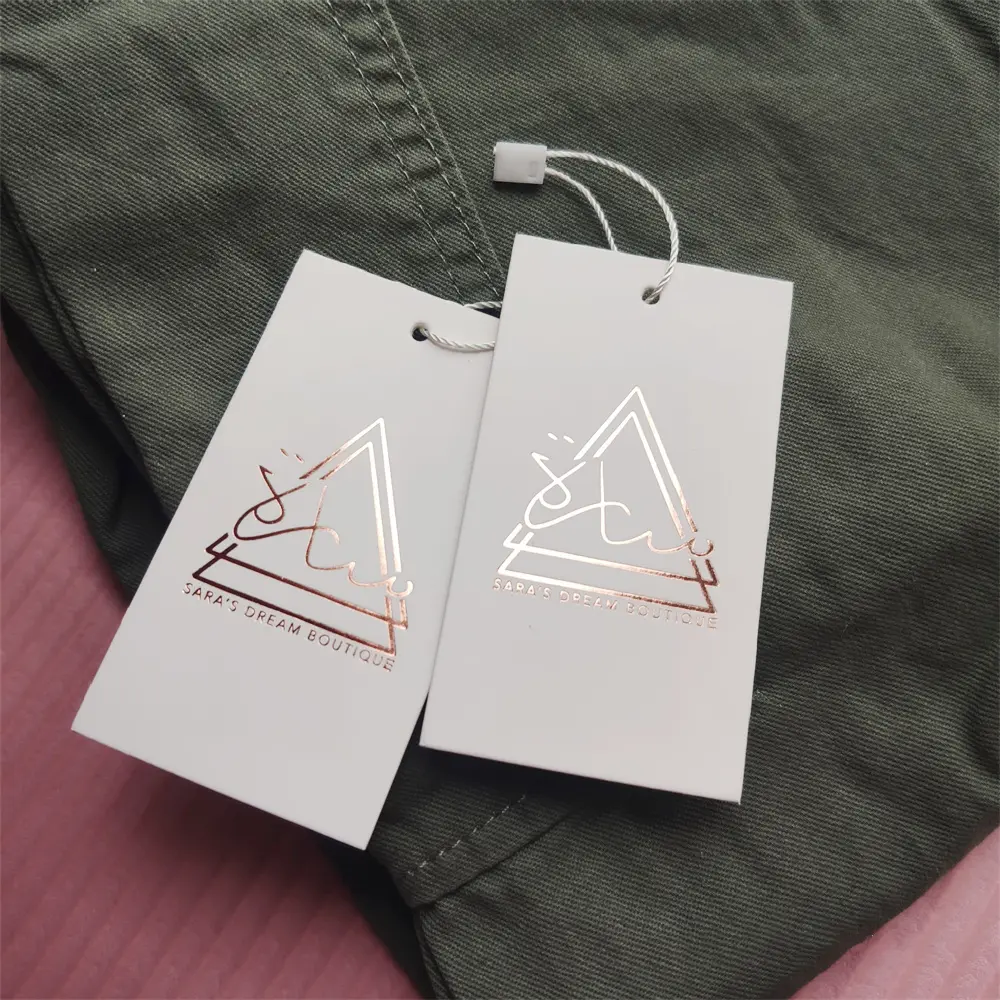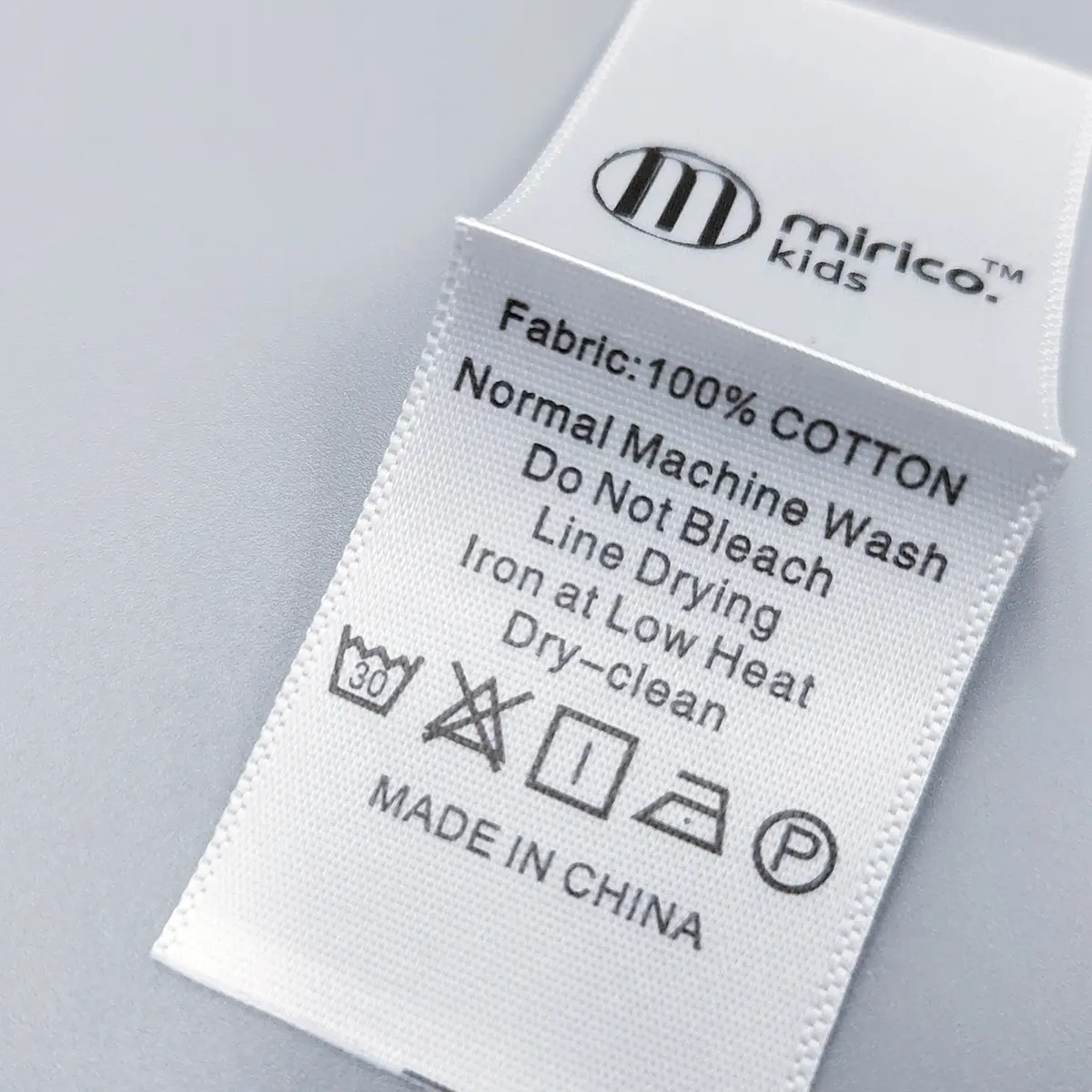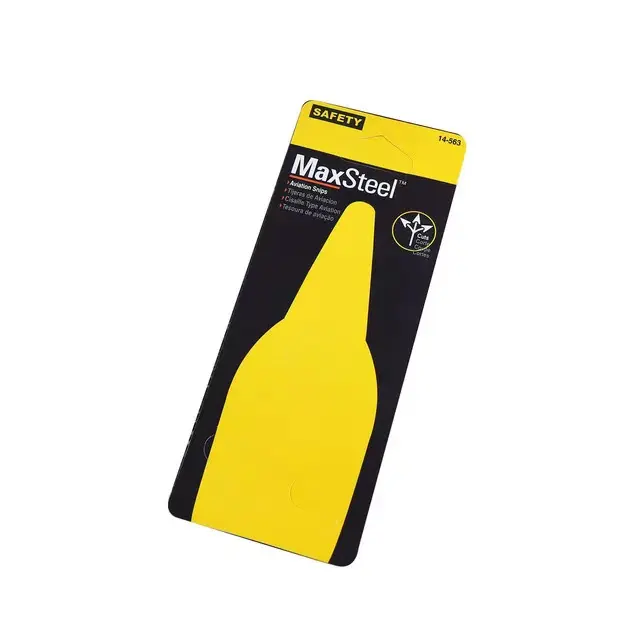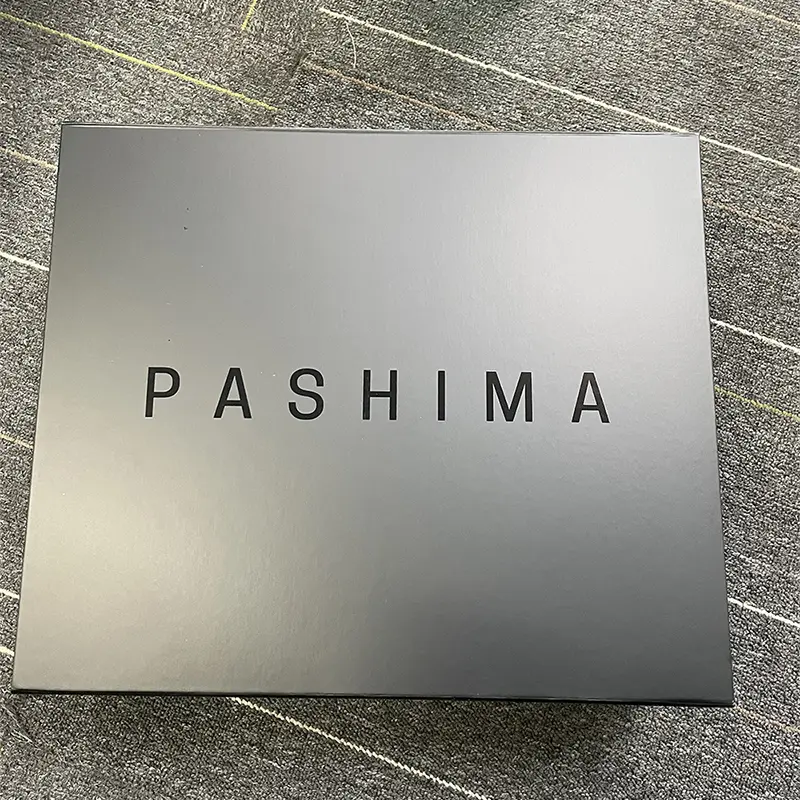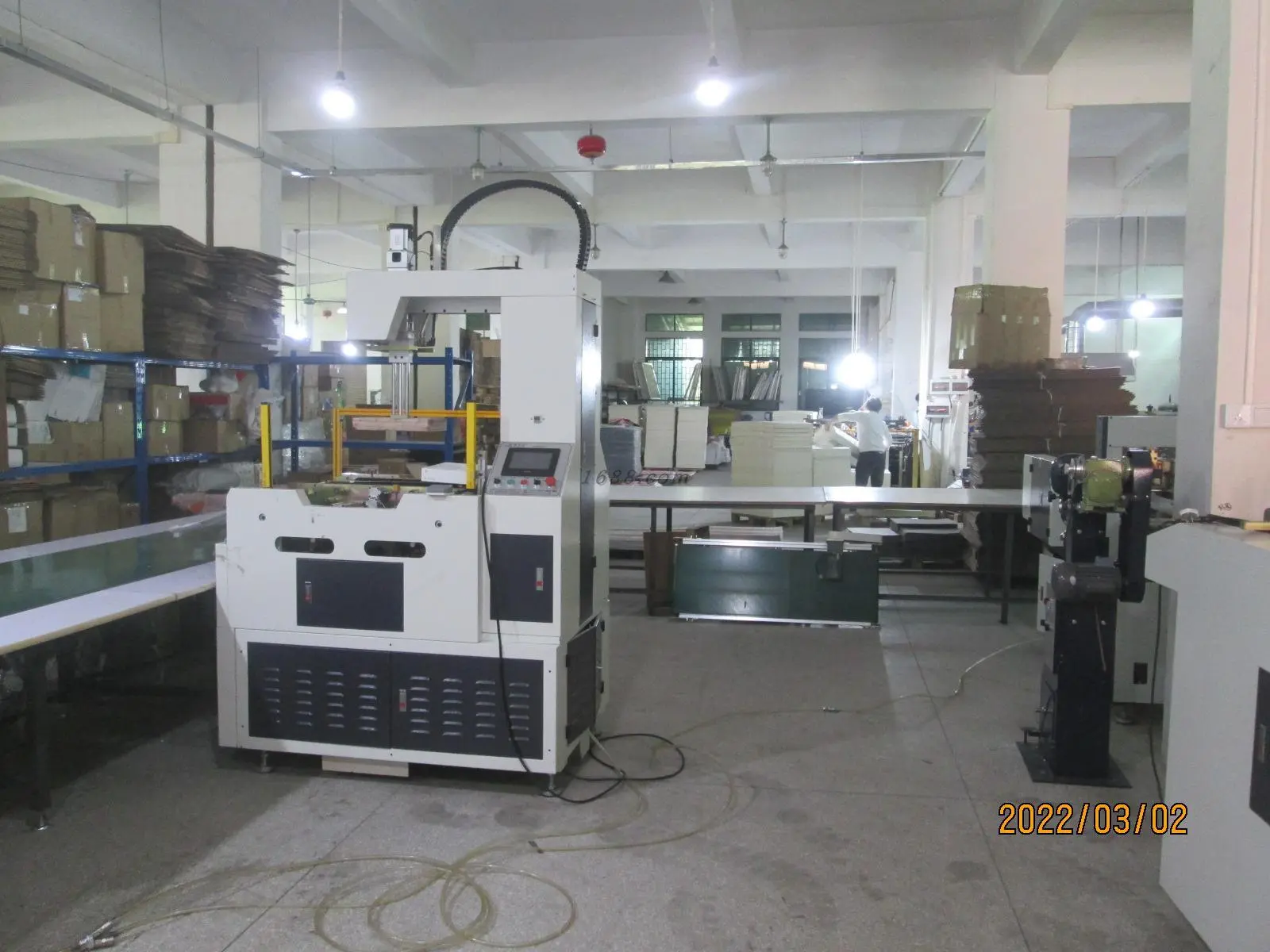Custom Woven Hem Tags Wholesale Clothing Labels Templates
What Are Hem Tags?
Have you ever noticed small folded square tags on the cuffs, side seams, collars, pockets, or hood hems of clothing? These are called hem tags.
Custom hem tags are the perfect way to showcase your unique style and personal brand. Also known as "flat labels," "sleeve tags," or "flags," these tags are typically folded into small shapes and prominently display your brand.
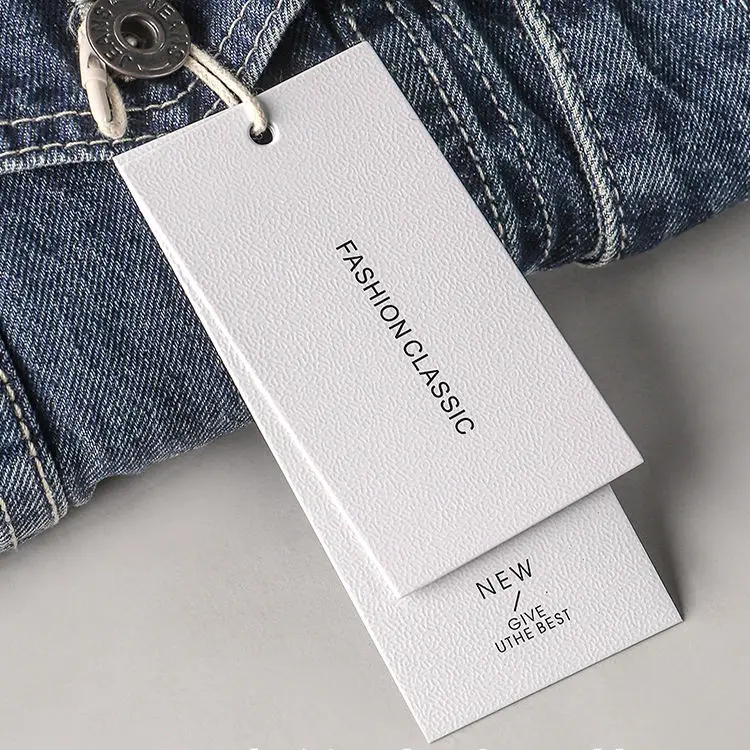
Sewing Positions for Hem Tags
Hem tags can add a personalized touch and promote your brand on garments. They can be placed anywhere on clothing or other items. Here are some recommended positions:
A. Collar
Custom neck tags are an excellent way to boost brand visibility, often sewn upside down on the front neckline of a T-shirt.
B. Hemline
A small tag can dramatically increase the perceived value of a T-shirt. Adding a design or tag to just one side can significantly enhance its appeal.
C. Sleeve Hem
The sleeve hem is a common location for tags on short-sleeve T-shirts. Single-sided tags work well, but for a design visible on both sides, opt for double-sided tags.
D. Pocket Hem
These tags are typically sewn upside down on the outer hem of a shirt's front pocket or the outer hem of pants' back pockets. A small, centrally placed tag adds unique style.
E. Outer Side Seam
Outer side seams are ideal for double-sided flag tags, allowing your brand logo to be visible on both sides for striking results.
F. Hood Hem
Sewing a reversible tag on the hem of a hoodie hood enhances aesthetics and brand promotion.
How to Determine Hem Tag Sizes
Hem tags are suitable for a variety of garments or items. A common size is 1 inch x 1 inch (or 2 inches x 1 inch for unfolded tags). However, the exact size should be adjusted based on your design and preferences.
Should You Choose Woven or Printed Hem Tags?
Consider these factors to select the right type of tag:
1. Colors
Woven tags can feature up to 12 colors. For designs exceeding this, digital printing is recommended.
2. Gradients
Woven tags do not support complex gradient designs, but digital printing can achieve detailed gradients.
3. Durability
Woven tags are more durable and resist fading after repeated washing. Printed tags are quicker to produce but may fade over time.
4. Complex Designs
Intricate patterns and complex designs are better suited to printed tags.
5. Turnaround Time
Printed tags have faster production times.
Tips for Designing Hem Tags
1. Seam Allowance
Allow for 6-7mm of seam allowance. Ensure the design is positioned to avoid damage during sewing.
2. Stitch Design
When stitches pass over the top of the tag, the seam allowance is about 2mm. Adjust according to your design needs.
3. Fold Types
Center-folded tags are great for seam sewing, while Manhattan folds and book folds are better for garment hems.
4. Keep It Simple
Avoid overly small text or cluttered designs. A bold, clear logo grabs attention.
5. Focus on Aesthetics
Tags should be neat and clean, reflecting a high-quality brand image.
Material Options
Hem tags can be made from the following materials:
- Woven Tags: Satin, polyester, cotton, and more.
- Printed Tags: Soft materials suitable for intricate designs.
Ordering Process
Simply send an inquiry, and LIJIE's professional sales representatives will guide you through the entire process. Contact LIJIE to create unique and captivating custom hem tags!























